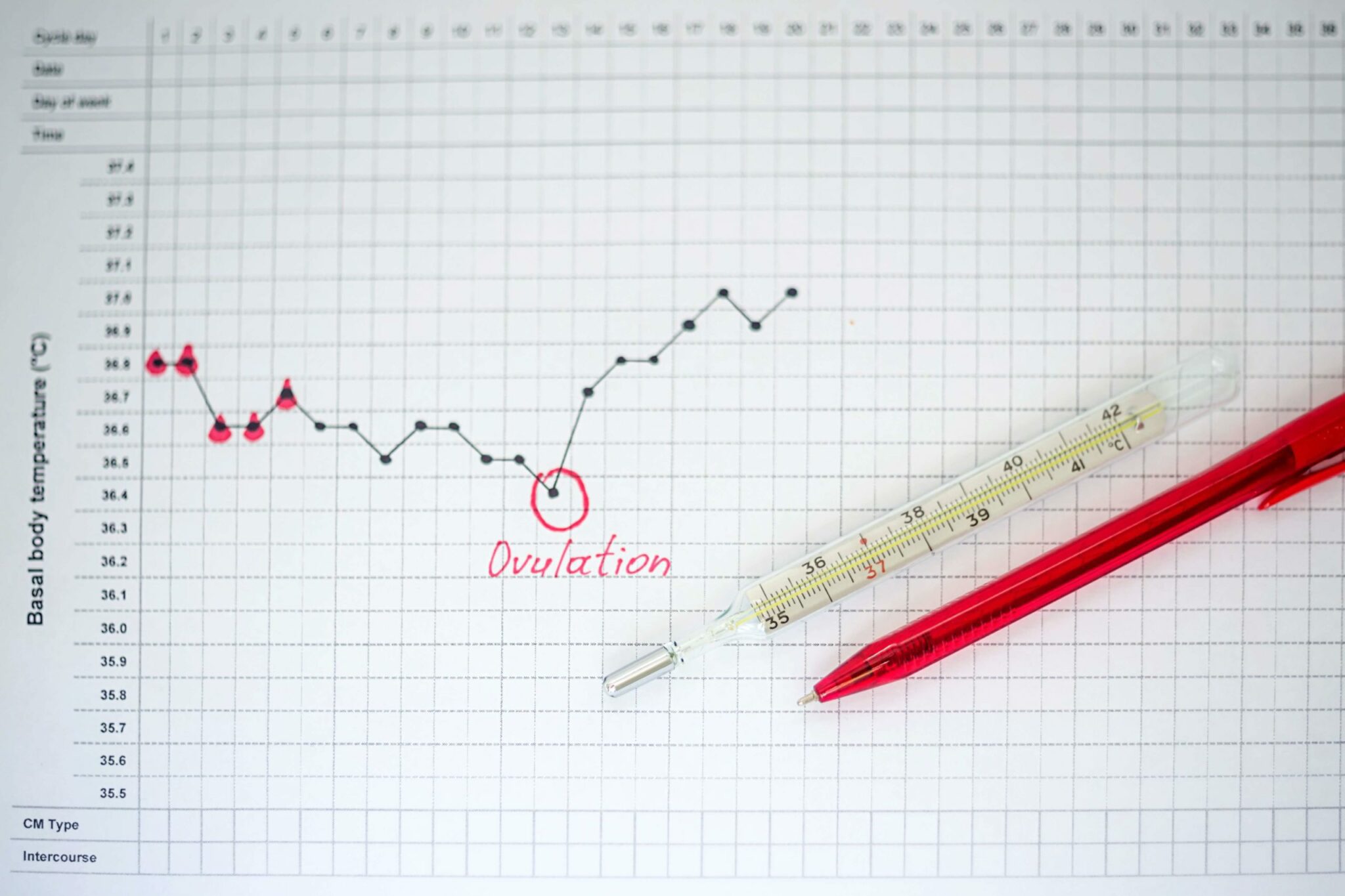What is Primary Ovarian Insufficiency?


Primary Ovarian Insufficiency (POI), also known as premature ovarian failure, occurs when a female’s ovaries stop secreting hormones and producing eggs at a young age. It is diagnosed when a woman younger than 40 years of age presents with:
- Amenorrhoea lasting more than 4 months
- Follicle stimulating hormone (FSH) levels greater than 40 mIU/mL on two occasions.
In POI the follicular pool within the ovaries is exhausted, giving rise to irregular menstrual cycles, low levels of oestrogen and high levels of FSH.
Approximately 10-12% of cases of POI are due to a chromosomal or genetic defect, the most well known of which is fragile-X syndrome. Fragile X-syndrome is caused by a mutation of the FMR1 gene; it causes mental retardation in men, but not usually in women. However, females with the mutation have a 13-26% increased risk of developing POI and may experience neurological issues later in life.
There also seems to be an autoimmune component to POI. Addison’s Disease predisposes a female to developing it and there are also associations with other autoimmune conditions, including hypothyroidism. Antibodies targeting FSH are another cause of POI. Prior cancer treatment increases a woman’s risk of POI, as many cancer treatments have been shown to be gonadotoxic. There is also a suggested link between POI and infections such as HIV, TB, herpes, mumps and varicella; although no cause or effect relationship has yet been identified. Despite these known associations and risk factors, for the majority of women, the cause of their POI remains unknown.
For those women at high risk of developing POI, for example, those with a familial link, measuring the levels of anti-müllerian hormone (AMH) in their circulation can serve as a reliable indicator of ovarian reserve. AMH levels correlate with the number of growing follicles.
Even those women with POI who do not wish to conceive may wish to explore treatment options, such as hormone replacement therapy, because prolonged oestrogen deprivation can have serious effects on other aspects of female health, including reducing bone density and increasing the chances of urinary tract infections (UTIs). Oestrogen loss can also negatively impact mental well-being.
Read more about causes of female infertility
Photo by Deon Black on Unsplash










































